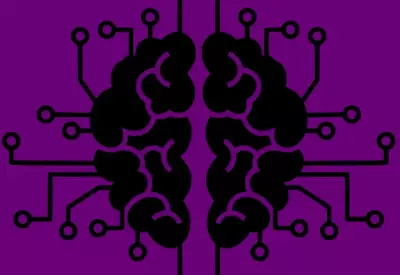From populist politics to debates over vaccines and gender, ours is an age of polarisation. How can we debate productively in cases of deep disagreement? Wittgenstein’s account of balancing certainty about the rightness of our beliefs with intellectual humility provides the key, argues Drew Douglas Johnson. We can achieve this balance by recognising that our core certainties are rationally ungrounded, and yet are no less legitimate for this groundlessness.
We live in a period where there is greater access to information and ease of communication than ever. Yet society today is marked not by consensus, but by increasingly extreme and harmful polarization. For example, entrenched disagreement on the very existence of covid-19 threatened the ability of governments to act swiftly to address the global pandemic.
How should we navigate deep disagreements? On the one hand, it is important to include a plurality of worldviews in democratic deliberation. This suggests a form of epistemic relativism, the idea that there can be multiple epistemic frameworks, and that these frameworks cannot be ranked from an epistemically neutral position. An attractive feature of relativism is that it supports intellectual humility—a virtue in short supply lately. On the other hand, epistemic relativism might seem to have a chilling effect on meaningful collective deliberation. After all, what would be the point of engaging in disagreement if both views are equally rationally legitimate?
We find a surprising source of guidance on questions of deep disagreement, relativism and humility in Wittgenstein’s On Certainty (1969). Wittgenstein himself was no paragon of tolerance and humility in resolving disagreements (as illustrated by the infamous “poker incident”). Yet On Certainty’s emphasis on the importance of recognizing the groundlessness of our believing can help us navigate the tensions between certainty and humility. By cultivating the intellectual humility that Wittgenstein describes, we can learn how to debate productively with those we deeply disagree with.
Wittgenstein on the groundlessness of believing
In On Certainty, Wittgenstein engages with G. E. Moore’s famous response to radical skepticism. The basic skeptical problem is well-illustrated by films such as The Matrix or The Truman Show. How can I know that I am currently drinking coffee, if I can’t rule out the possibility that I actually exist in the Matrix, or that I am a brain-in-a-vat being stimulated by electrical impulses to have hallucinatory experiences?
Moore flips the skeptical argument on its head. He first holds out his hand and says, “Here is one hand.” The argument continues: given that Moore does know that he has hands, it follows that he cannot be a (handless) brain-in-a-vat, plugged into some matrix-type device. The very fact of Moore’s knowledge that he has hands provides rational grounds to reject skeptical scenarios Wittgenstein criticizes Moore’s reply to the skeptic—not to reinstate the skeptical problem, but to dissolve it in a different way. Wittgenstein argues that Moore cannot properly claim to know that he has hands. This is because claims to knowledge imply that one has access to good grounds for that knowledge—grounds which are more certain than that for which they are a ground. The problem is that when Moore claims to know that he has hands, he lacks any grounds that are more certain than the claim that he has hands itself.
 SUGGESTED READING
Escaping the cult of rationality
By Ben Burgis
SUGGESTED READING
Escaping the cult of rationality
By Ben Burgis





















Join the conversation